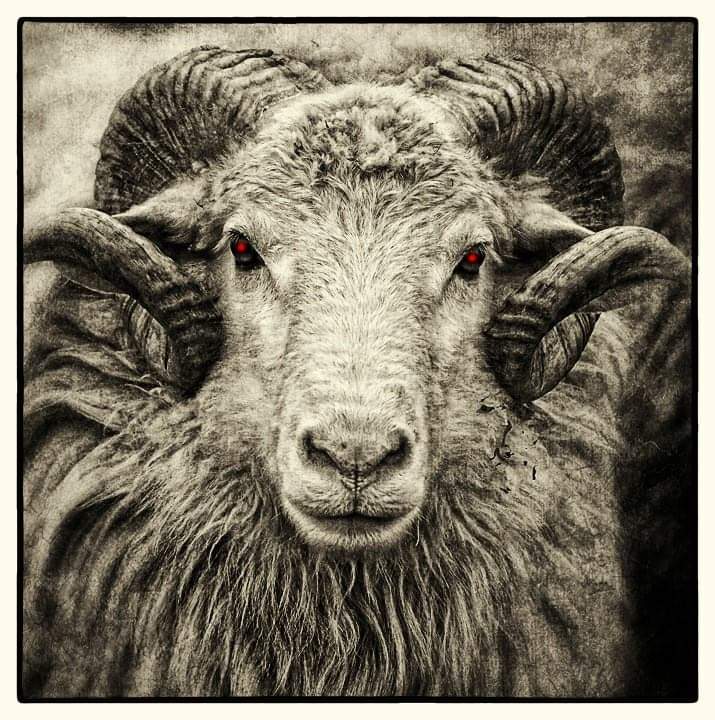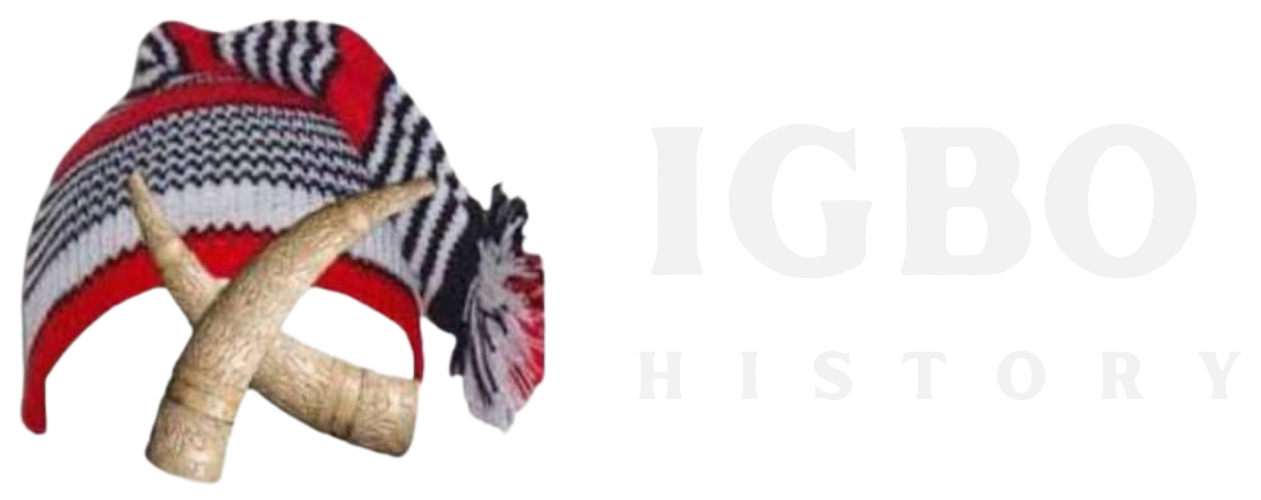Amadioha, also known as Kamalu,Kalu or kanu is a prominent deity in Igbo cosmology, revered as the God of Thunder. His significance in Igbo spirituality is unparalleled, making him one of the most well-known deities in the Igbo pantheon. The stories of Amadioha are not only captivating but also reflect the deep cultural and spiritual beliefs of the Igbo people.

- The Adventurous Life of Amadioha
Amadioha’s life is filled with legendary feats that highlight his power, bravery, and leadership. One of the earliest tales from his life describes how, at the tender age of six, Amadioha fought and defeated a lion, showcasing his extraordinary strength even as a child. His legend continued to grow as, at 17, he led the Battle of Isikwuato, a significant conflict involving the communities of Ndi-Okoroukwu, Isiagu, and Ihube. This battle, which later became known as the Defeat at Okigwe, is remembered as a pivotal moment in Igbo history, demonstrating Amadioha’s military prowess.
The death of Urashi, Amadioha’s close friend, during this war marked a turning point in his life. Urashi’s murder, orchestrated by Ugwu, the God of Pride, fueled Amadioha’s wrath. In a fit of anger and a desire for vengeance, Amadioha struck Ugwu dead, cementing his reputation as a deity who would fiercely protect those he loved.
Another notable episode in Amadioha’s life involved the sacred Igbo text, Isi Mbido. This text, revered in Igbo spirituality, was stolen and hidden by invaders. Amadioha led a daring mission to retrieve it, resulting in a fierce battle. The invaders’ city was destroyed, and the monarch who sought to bury the text was killed. Amadioha’s retrieval of Isi Mbido was seen as a triumph of justice, reinforcing his role as a protector of Igbo heritage.
2. Amadioha’s Origins and Family
The origins of Amadioha are rooted in deep spiritual traditions. Born into the Diala caste, also known as the Free Born caste, Amadioha’s birth is shrouded in mystery, with various accounts offering different versions of the story. However, a common thread in these narratives is his distinctive dada hair and his constant companionship with a ram, an animal that became a symbol of his identity and power.
According to tradition, Amadioha’s father, Nka, was a great Igbo god who, through a sacred ritual involving the Sun God, Anyanwu, and the Sun Goddess, Nwanyianyanwu, conceived Amadioha. His mother, Achara, carried him after Nka sang a powerful song to the Sun gods at Nkwo-Achara, the largest market in Uturu. Due to a prophecy that foretold the death of Achara’s first child, similar to that of her brother, Onuma, who had been killed in battle, Amadioha was hidden in the remote village of Ihube after his birth. There, he was raised as a simple cowherd, far from the dangers that threatened his life.
During his childhood, Amadioha was known for his charm, music, and playful nature. He was often seen with his ram, symbolizing determination, leadership, and action—traits that would define his legacy. The ram is also associated with Aries, an astral symbol of rulership, further emphasizing Amadioha’s divine status.
3. Dual Identity and Symbolism
Amadioha’s story is rich with symbolism, reflecting his dual identity as both a god and a prince hidden among mortals. This theme of disguise is prevalent in many of the myths surrounding him, where he is often depicted as a powerful force of nature, capable of both punishing wrongdoers and bringing enlightenment to those who seek it.
One of the most significant aspects of Amadioha’s life is his relationship with his wives, particularly Uhammiri, his favorite. Together, they had a son, Ndanike, and a daughter, Kwokomoshi. However, after Uhammiri’s tragic death by drowning, it is said that Amadioha married over 1,000 wives and fathered thousands of children, further expanding his divine lineage.
4. Battles and Conquests
Throughout his life, Amadioha was known for his numerous battles against formidable enemies, including other gods and demons. He defeated the ogress Ara, a giant dragon, and the tyrant Ikenga, establishing himself as the king of Uturu. His conquests are legendary, with each battle further solidifying his reputation as a powerful and just deity.
One of the most famous battles in Igbo mythology is the Great War at Okigwe, where Amadioha served as the charioteer to the warrior-prince Urashi. This battle, which pitted Ndi Igbo against the invaders from Ndi Nri, was a defining moment in Amadioha’s life. On the eve of the battle, Amadioha recounted the sacred song of the Isi Mbido to Urashi, boasting of his creation of the universe and everything within it. This battle not only demonstrated Amadioha’s strength but also his deep connection to the spiritual and cultural heritage of the Igbo people.
Amadioha also played a crucial role in the retrieval of sacred items, such as the oha tree from Mbano. After defeating the God of Possession, Agwu, Amadioha planted the tree in Uturu, only for it to be returned to Agbaja in Ehime Mbano after his death.
5. Worship and Cultural Impact
The worship of Amadioha dates back to as early as the 5th century BCE. Today, he remains a central figure in Igbo spirituality, particularly in regions like Mbano and Uturu in eastern Nigeria. His influence is celebrated through various festivals, with one of the most notable being the Ibu Uzo Festival in Ehime Mbano. This festival, held during the dry season, commemorates Uhammiri’s successful plea to Amadioha to return to Mbano after the Conquest of Ikot-Ekpene.
During the Ibu Uzo Festival, devotees participate in various rituals, including the lighting of mpanaka and ederi at midnight, symbolizing the power and presence of Amadioha. The festival is also a time of celebration, with participants offering mkpurusu and marching from village to village in honour of the deity.
In Igbo art, Amadioha is often depicted with dark skin, carrying a ram on his shoulder, and wielding a sword. He is typically dressed in a white robe, symbolizing his purity and divine nature. The ram, a symbol of his youth as a cowherd, continues to be associated with his identity, representing determination, leadership, and action.
6. The Legacy of Amadioha
Amadioha’s legacy extends beyond the stories of his adventures and battles. He remains a powerful symbol of justice, strength, and leadership within Igbo culture. His role as the God of Thunder and his influence in Igbo spirituality continue to inspire devotion among his followers.
The tales of Amadioha, rich with metaphors and symbolism, offer a glimpse into the deep spiritual traditions of the Igbo people. His story is not just a reflection of the past but a continuing influence on the present, as the worship of Amadioha endures in various forms throughout Igboland.
The enduring legacy of Amadioha is a testament to the rich cultural heritage of the Igbo people, where gods like Amadioha serve as both protectors and guides, embodying the values and beliefs that have shaped Igbo civilization for centuries.










